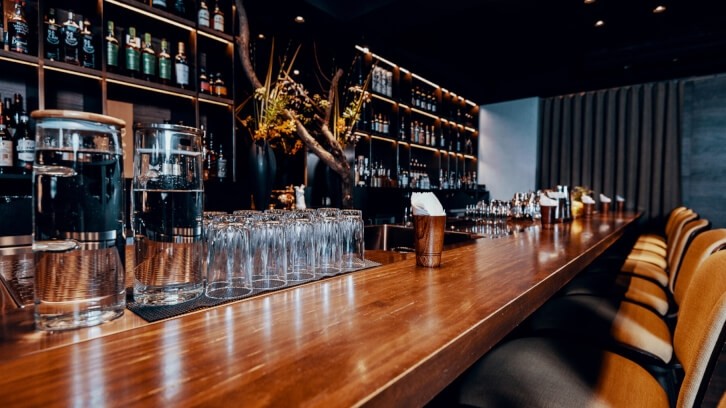1.4% growth in Feb ‘disappointingly slow’

It continues a slow start to 2024 for the sector, after marginal growth of 0.1% in January in the wake of strong trading over Christmas.
Patchy consumer confidence amid still-rising costs and economic and political uncertainty means many people remain cautious with their spending.
The tracker—produced by CGA by NIQ in partnership with RSM UK—showed restaurants were hospitality’s best performing segment in February with like-for-like growth of 2.2%, while pubs were only slightly behind at 2.1%.
However, bars suffered a 7.4% dip in sales, reflecting a squeeze on consumers’ late-night spending and a move towards earlier eating and drinking out. The ‘On The Go’ segment was 0.5% behind in February 2023.
Restaurant, pub, bar and ‘On The Go’ operators performed slightly better in London than elsewhere in Britain. Groups’ February sales within the M25 were 1.9% ahead of last year, compared to 1.3% outside it.
Karl Chessell, director, CGA by NIQ, said: “Subdued trading in February shows consumers remain watchful with their discretionary spending.
“With costs still rising for businesses as well as individuals, margins are under pressure and some operators remain fragile.
“But while the short-term outlook for hospitality is uncertain, underlying demand is good, and as inflation and interest rates hopefully ease and the Budget’s reduction in National Insurance contributions kicks in, we can be cautiously optimistic that people will start to loosen their spending over the spring and summer.”
CGA by NIQ collected sales figures directly from 103 leading managed groups for February’s edition of the CGA RSM Hospitality Business Tracker, which provides authoritative monthly insights into Britain’s restaurant, pub and bar sales.
Companies in the tracker included Admiral Taverns, Adventure Bars, Hall & Woodhouse, Mitchells & Butlers and Oakman Inns.
Paul Newman, RSM UK head of leisure and hospitality, said a combination of bad weather and dwindling budgets put a damper on Valentine’s celebrations, continuing a “disappointingly slow” start to the year.
He said February’s weak sales underlined challenges in the sector at a time of rising wage bills, rents, and rates, with the recent Spring Budget doing little to ease the burden.
Newman added: “While there are signs for optimism in the future with inflation forecast to hit 2% in Q2, interest rates predicted to fall from summer and real wages growing for the rest of the year, the next few months will test many best-in-class managed groups and could see a further swathe of smaller independents give up the fight for survival.”







